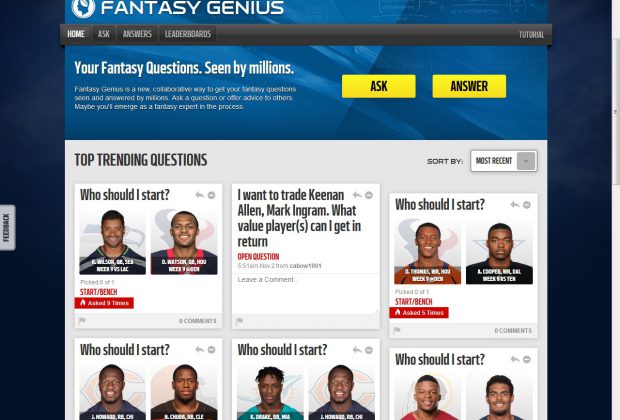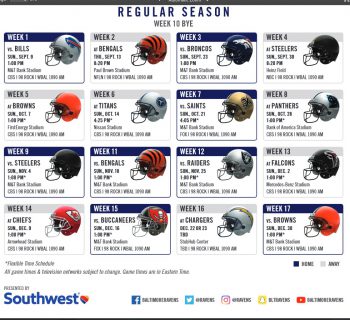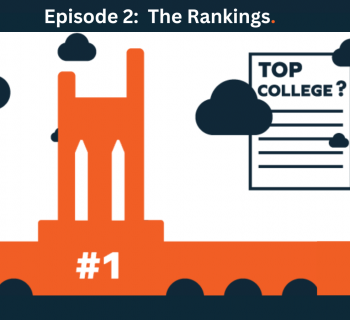*Note: This is the first article in a series about the popularity of fantasy Football
Image: NFL.com
Kheron Alston
The beginning of an era was created in 1962 by Wilfred Winkenbach, Bill Tunnel, and Scotty Stirling. What started out as the GOPPPL (Greater Oakland Professional Pigskin Prognosticators League) has now evolved into the largest growing fantasy sport in the world.
According to fantasyfootballanalytics.net, when Fantasy Football became public it only started with 500 thousand people. The last statistic taken in 2017 states that Fantasy Football has over 59 million participants globally.
These numbers also don’t take in to account active users which could skew the numbers slightly higher. If these numbers keep growing on a consistent basis in another 20 years over 690 million people could potentially be playing Fantasy Football alone.
The first leagues started out with an unusual lineup compared to the standard one of QB, two RB’s, two WR’s, one TE, a FLEX player, ended by one kicker and one defense.
The GOPPPL originally had two QB’s, four RB’s, two FB’s, four LE/RE, two KR/PR, two K’s, two DB/LB, and two DL. We have seen leagues that had unusual lineups before but experts agree this was the most unique.
Fantasy Football today is a male dominated activity with 71 percent of users being male and only 29 percent being female. Surprisingly, the average age is 32 years old. The average annual spending for fantasy leagues is over $600 which includes league fees, awards at the end of the league and draft materials such as draft kits. A small 30 percent of Fantasy Football leagues don’t involve any money where participants simply play for fun.
Leagues are formatted in very different ways whether it be roster formation, scoring systems, different rules, or unconventional ways of playing such as whatever team scores the most points for the week gets a payout at the end of the fantasy week.
Fantasy Football is growing year to year because of the versatility that can be provided from league to league. It makes it enjoyable for every participants' preference.
Fantasy Football is so powerful in today’s world it has even changed the way some people watch Football on Sunday. When asked how Fantasy Football changes the way he watches the NFL Alex Buckheit said, “I watch individual players more frequently now that I want to be competitive in my fantasy league… I cheered for the Ravens and a good team here and there but now I care about the bad matchups like the Cardinals and 49ers.
When asked the same question Zach Foertschbeck said, “… football has become an all-day event for me. I used to watch the Ravens game and possibly the night game but now I make sure I never have anything planned on Sundays because they are dedicated to watching football.”
Fantasy Football spreads widely to different age groups, races, and sexual orientation. It has grown more and more each year in the college community. It has brought friends together, it has pulled some friends apart, and it has cultivated new friendships.
With the legalization of daily fantasy sports betting Fantasy Football now has a bigger platform that will only continue to grow as more additions to fantasy sports will be added. People crave the feeling of winning whether it be against your friends or winning amounts of money from simply setting a lineup.
This instant gratification is just another reason why experts predict fantasy sports will continue to grow at the rate they have been over the past 10 years.
The next article in this series will focus on a mid-season recap for Fantasy Football participants.















I have a love for football. My favorite team is Cowboys, and I really believe we can go all the way this year. Bringing it back to the article, I have never played Fantasy football. It always seemed too complicated to me, that is why I have always played fantasy basketball. Reading this article, however, has made me want to try it next season.